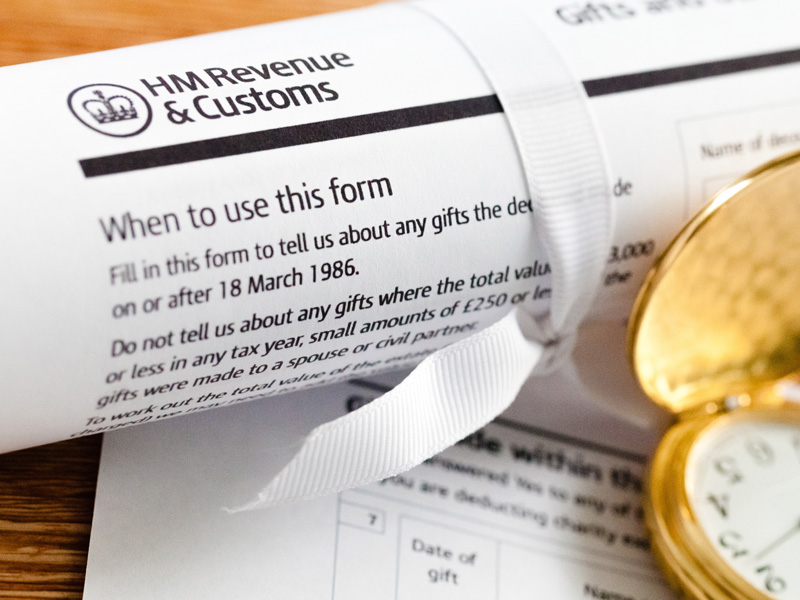
Tax avoidance and dentistry
The GDC has recently posted a blog warning dental registrants of the risks involved in tax avoidance schemes. The blog tells us that in 2020 there were 46,000 dental professionals on the GDC’s registers working in a freelance or locum capacity. Some of that number may have been working through an umbrella company or an agency and that means, says the blog, they may unknowingly have got involved in a scheme designed to reduce their tax bill.
The GDC is quick to reassure readers that it does not take any interest in registrants’ dealings with HMRC. All the same, by dint of giving a platform to HMRC, they would obviously prefer it if dental registrants paid the tax they owed!
There are numerous schemes promoted to dental businesses that come and go; as they fail, the promoters disappear. We have encountered dental professionals who have unwittingly got caught up in tax avoidance scheme and we have also observed that tax tribunals quite often feature dentists involved in such schemes.
Here is the checklist Nathan has compiled to help you decide whether you have fallen victim to one of these schemes:
- Ask if the tax avoidance scheme promoter has received formal ‘clearance’ for the scheme from HMRC and then consider how you would prove this to be true if the promoter no longer existed.
- If the promoter claims he or she has been given an “opinion” by a lawyer or tax specialist, ask whether the advice is addressed to you, as end user. If the advice is solely for the promoters of the scheme, it’s worthless to you, and you need to take independent advice. Recently, end users of a tax scheme tried to sue a barrister but they lost the case as the barrister was found to have no duty of care to those end users.
- Ask your accountant for their thoughts, provided they are a reputable dental specialist and members of the ICAEW or ACCA.
- If your accountant does not belong to one of the recognised accountancy bodies and is not a dental specialist, ask yourself if it might be time to work with someone who is suitably qualified.
- Finally, ask yourself: Is this scheme too good to be true? If it is, you know the answer!
With the headline Tax avoidance: don’t get caught out the GDC blog warns that tax avoidance schemes rarely work. With penalties and interest, you can end up paying out more than if you had paid the correct amount of tax in the first place. Tax avoidance schemes rarely pan out in the way that promoters claim and users can end up with large bills. Is it worth the hassle?










